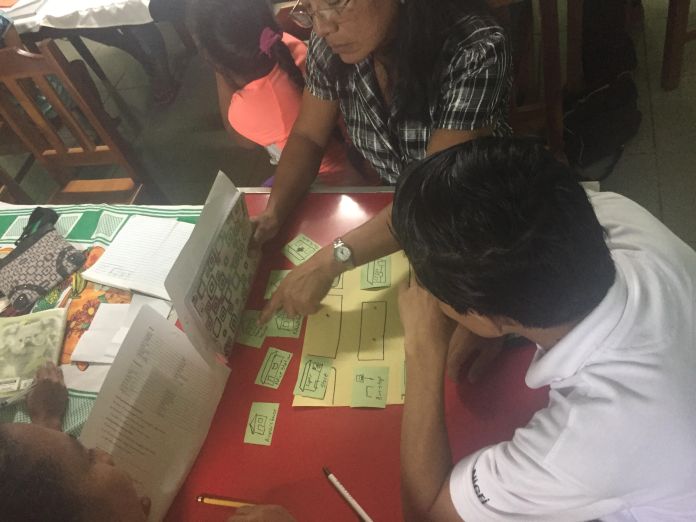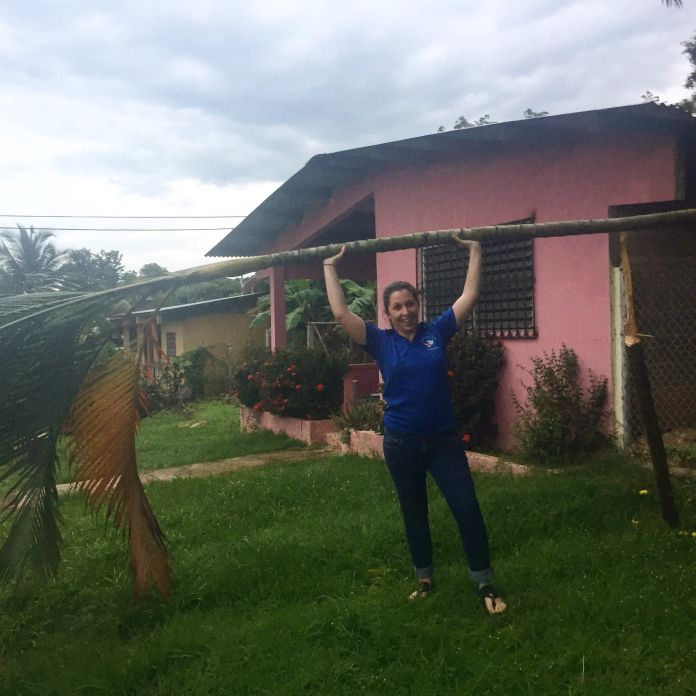I’m currently in the throes of my penultimate English Course and I’ve been thinking a lot about the ways we learn language. For the sake of this I’m talking mostly about spoken language—not written. For me, learning to speak a language was different than learning to write it. Messing up the grammar doesn’t matter as much in a conversation as it does in a paragraph. So, I wanted to share some tips and tricks I’ve learned with all of you.
- Listen to the language—Watch tv, listen to music, listen to podcasts. Anything that you enjoy listening to can be found in another language. Here’s the important part: you don’t need to understand it. This isn’t an exercise to practice knowing what they’re saying. It’s a way to accustom your ear to the way that language sounds and its incredibly helpful.
- Use subtitles—This is another way to help accustom your ear if the first method isn’t totally working for you. Watch a movie or tv show with the subtitles on in the language that you’re trying to learn. This can help you make connections between the words and how they sound that you might not make as easily by just listening.
- Talk to yourself—I know it sounds crazy but while you’re walking around your house by yourself just have a one-sided conversation in the language you’re learning. If that feels weird then talk to your cat, dog, or plants! This will get you accustomed to forming the language.
- Talk to people who speak the language—Maybe you have friends who know this language or maybe there’s a church group or community group that you can join. Speaking the language with a native speaker will help you improve by leaps and bounds. Bonus points if you ask the people you’re chatting with to correct you if you make major mistakes in what you’re saying!
- Use an app or an online service to help you—I’m personally a major fan of Duolingo because it’s free and makes you practice listening and speaking. Plus, it now has a bot program for some of the languages so you can practice having conversations!
- Travel—Obviously this isn’t feasible for everyone but, if you’re able to go to an area where the language you’re learning is the native language then do it! Being there will completely immerse you in the language and force you to learn more.
The biggest thing that you can do when learning a new language is to practice as much as possible. If you want a good resource for listening check out this site for slow news broadcasts in other languages. An excellent choice for Spanish learners is Radio Ambulante, an NPR podcast in spanish that talks about under-reported stories in Latin America. I hope some of these tips are helpful to you! If you’re ever stressed while learning another language remember: ¡Si se puede!





![IMG_9427[1]](https://gabbyssingalongblog.files.wordpress.com/2017/03/img_94271.jpg?w=696)
![IMG_9426[1]](https://gabbyssingalongblog.files.wordpress.com/2017/03/img_94261.jpg?w=696)
![IMG_9414[1]](https://gabbyssingalongblog.files.wordpress.com/2017/03/img_94141.jpg?w=696)
![IMG_9436[1]](https://gabbyssingalongblog.files.wordpress.com/2017/03/img_94361.jpg?w=696)